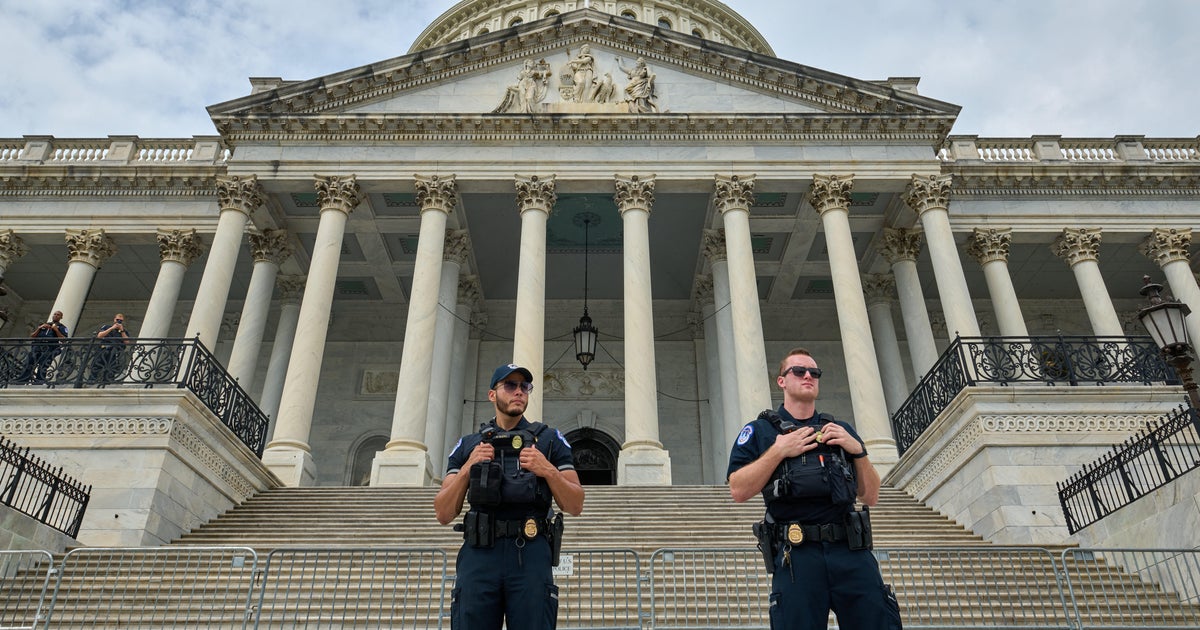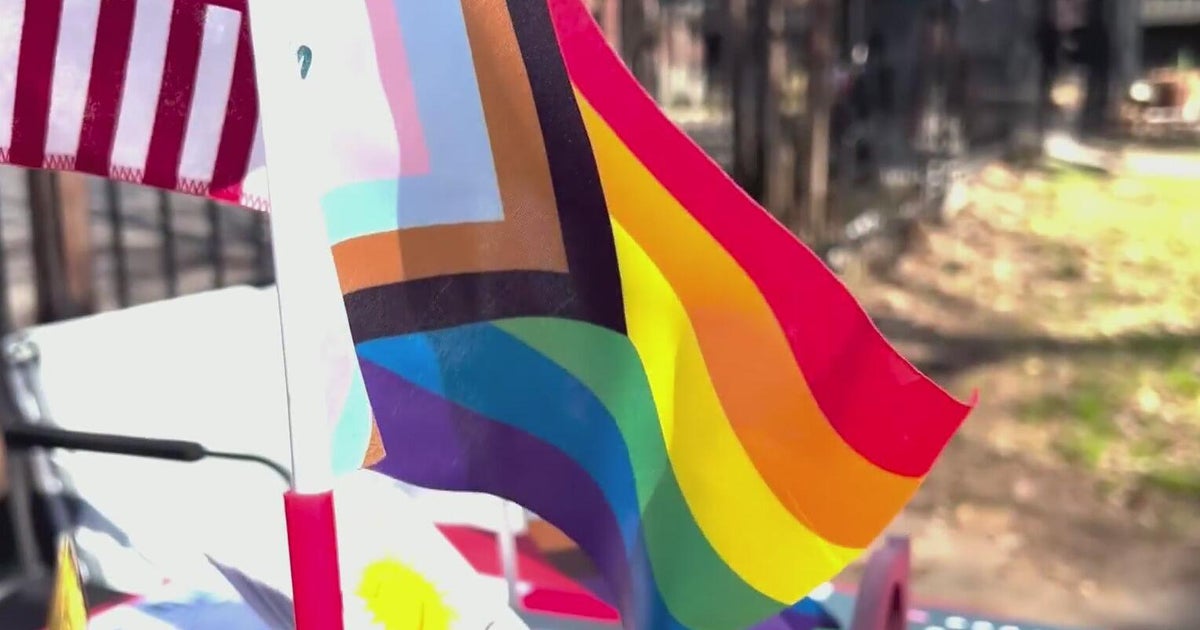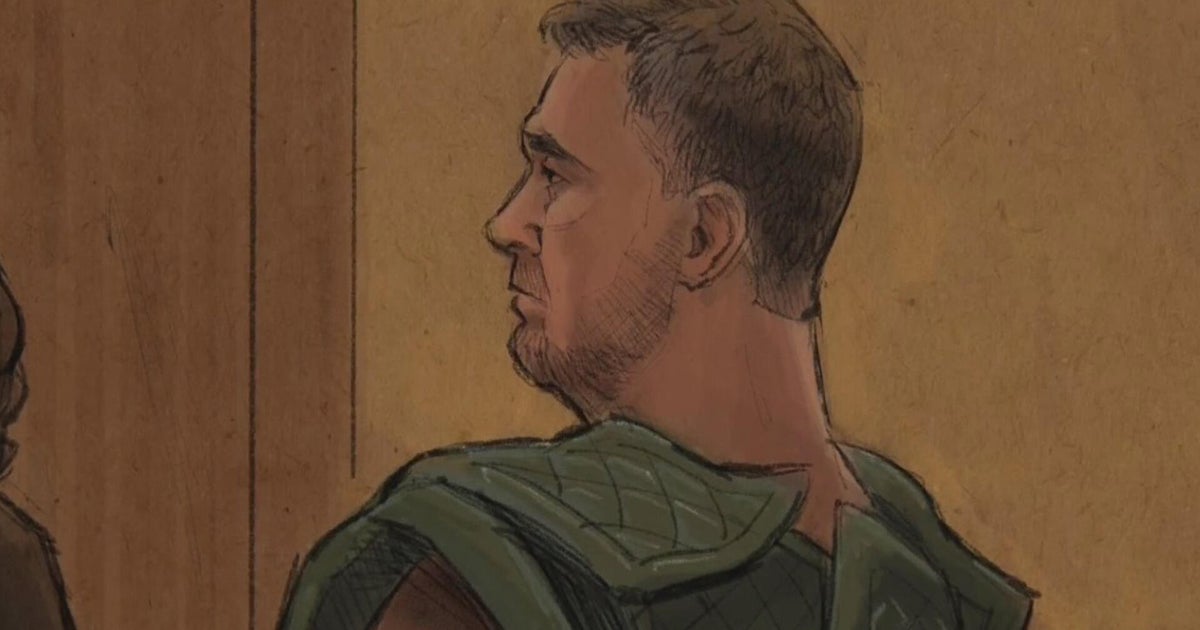Supreme Court turns away disputes over firearms ban for nonviolent felons
Washington — The Supreme Court on Monday turned away a batch of legal battles involving the federal lifetime ban on firearms for people convicted of certain nonviolent crimes, sidestepping a contentious issue involving the Second Amendment.
The justices rejected appeals from three people who are barred from possessing firearms under federal law because of nonviolent misdemeanor and felony convictions. In declining to take up the cases, lower court decisions that found their Second Amendment rights were not violated by the ban remain in place.
The decision by the high court to stay away from the politically charged issue of gun rights comes in the wake of a spate of mass shootings in recent weeks, which have spurred calls for Congress to pass legislation restricting access to firearms. Still pending before the Supreme Court, however, is at least one dispute over restrictions for carrying a concealed handgun in public.
Gun rights supporters have hoped the high court would clarify the scope of the Second Amendment now that it boasts a 6-3 conservative majority. Some of the justices have taken note of the Supreme Court's reluctance to wade into the debate over gun rights and called for the court to address the issue in the wake of its last major gun rights decisions in 2008 and 2010, when it found the Second Amendment protects the right to have firearms in the home for self-defense.
The federal law at the center of the three challenges prohibits the possession of guns by people convicted of crimes punishable by more than one year in prison.
One of the cases rejected by the court involved Ken Flick, convicted of criminal copyright violation and smuggling for importing counterfeit cassette tapes in 1987. The second involved Raymond Holloway, who pleaded guilty in 2005 to driving under the influence at the highest blood content. In the third, Lisa Folajtar, was charged with a single count of willfully making a false statement on her tax returns. She pleaded guilty, and under federal law, her 2011 felony conviction prevented her from purchasing and possessing a handgun and long gun in her home.
In each of the cases, the three people argued the lifetime ban on firearm possession violated the Second Amendment.



